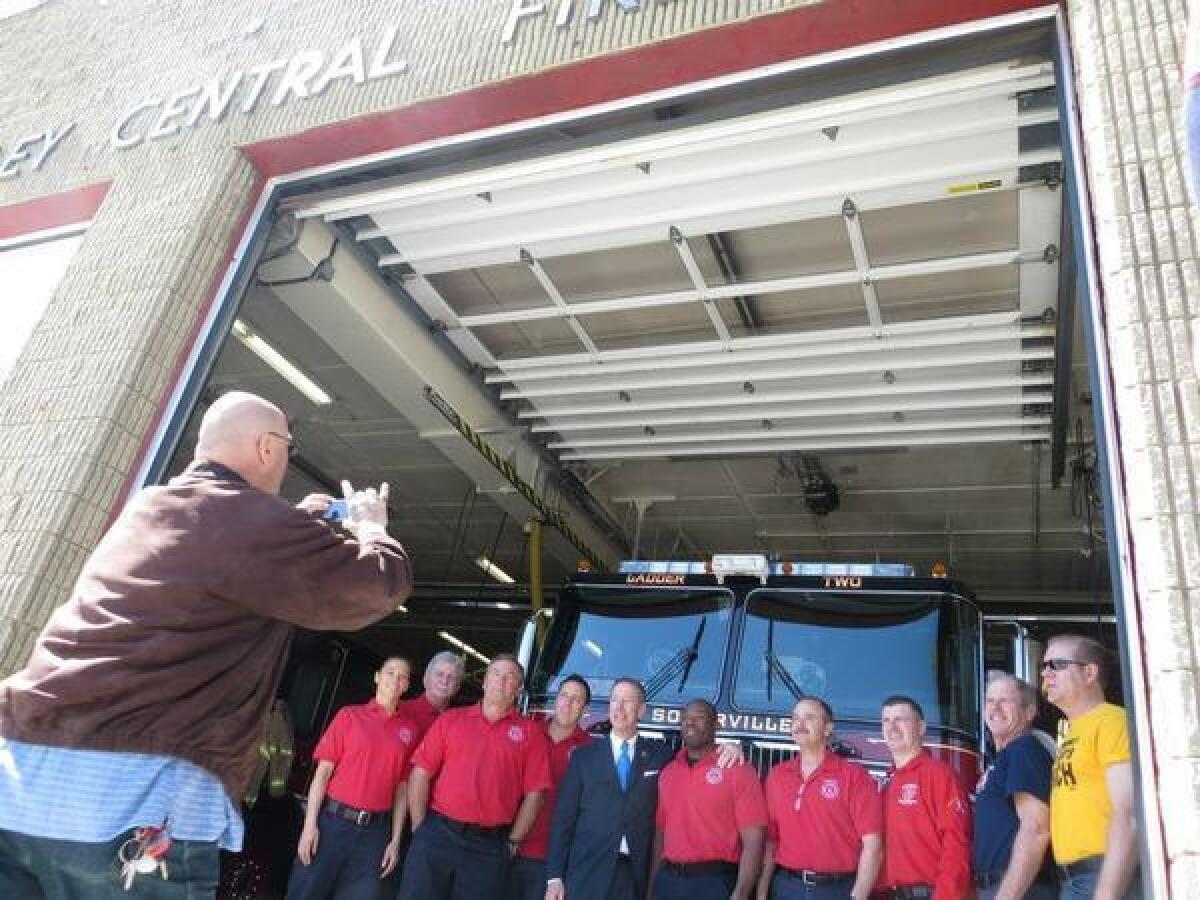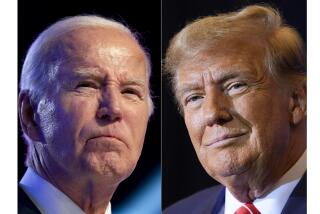Massachusetts voters head to the polls for Senate primary

SOMERVILLE, Mass. – Stephen Lynch was in a hurry on Friday morning, first to a pair of diners along Broadway, then down the street to a firehouse. By day’s end, he’d hit 18 stops in six cities and towns in the Boston area, as he worked to do “14 days worth of work in four days,” as a volunteer put it.
Lynch, a Boston-area congressman, is by all accounts the underdog in Tuesday’s Democratic primary for the U.S. Senate seat vacated by John F. Kerry. Fellow congressman Ed Markey has most of the establishment Democratic support, including a late endorsement from Caroline Kennedy. But Lynch said he was closing the gap in the polls until the campaign went into hiatus in the wake of the Boston Marathon bombings.
“It paused everything,” Lynch said. “Certainly we had a lot of momentum going into that week and obviously there’s been an interruption in that.”
FULL COVERAGE: Boston Marathon attack
When the campaigns resumed, the focus broadened after a primary battle that had been mostly about domestic issues. Markey’s first television ad after the bombings and subsequent manhunt for the alleged perpetrators featured a flight attendant who praised the congressman’s work to require screening of all cargo. Lynch opted for a personal, direct-to-camera spot praising the resilience of the city and state.
In back-to-back televised debates, Lynch was the aggressor – going after Markey over votes against Homeland Security appropriations bills and creating a joint Homeland Security Task Force. Markey said in a second debate that his opponent was using the “Karl Rove Swiftboat playbook” to tar him.
Lynch, in a brief interview between stops Friday, said the events that rattled Boston caused voters to “think about more sobering issues, serious issues, than peripheral issues.”
“That was a huge event here and a tragic event. So obviously people are very much, rightfully, preoccupied with the security situation,” he said.
But Markey’s campaign has also hammered Lynch over his previous anti-abortion views and his vote against the Affordable Care Act – Obamacare. Analysts view those as insurmountable hurdles, particularly in a campaign that never really generated much attention from voters.
The Massachusetts secretary of the Commonwealth, who overseas state elections, has forecast a turnout of 550,000 in Tuesday’s Democratic primary – which would be a drop of nearly 18% from the 2009 primary election that saw Democrats choose Martha Coakley as the nominee in the race to fill what had been Edward M. Kennedy’s seat.
PHOTOS: Grief, comfort and memorials after Boston bombing
Turnout in the Republican primary is expected to be higher relative to 2009, however, given a competitive three-way race. In 2009, Scott Brown easily won the GOP nomination en route to his upset general election victory over Coakley the following month. The most recent public poll, from Western New England University, showed businessman Gabriel Gomez with a slight lead over former U.S. Atty. Mike Sullivan and state Rep. Dan Winslow.
Gomez, some Republicans feel, is the party’s best hope for repeating Brown’s 2010 upset victory. A recent Boston Globe profile of Gomez began by saying his resume “reads as though it might have been compiled by a team of Republican consultants trying to craft the perfect candidate.” The Los Angeles-born former Navy Seal would attract national attention as his party seeks to reshape its public perception among Latino voters.
The winners of Tuesday’s party primaries will face off in a June 25 special general election to complete Kerry’s unexpired term. Kerry resigned the Senate seat he had held for more than 28 years on Feb. 1 to become the U.S. secretary of State. Mo Cowan was appointed by Gov. Deval Patrick as an interim successor under the terms of Massachusetts’ law, which was changed during Kerry’s 2004 run for the presidency in a bid by state Democrats to prevent then-Gov. Mitt Romney from appointing a fellow Republican to replace him.
Follow Politics Now on Twitter and Facebook
Twitter: @mikememoli
More to Read
Get the L.A. Times Politics newsletter
Deeply reported insights into legislation, politics and policy from Sacramento, Washington and beyond. In your inbox three times per week.
You may occasionally receive promotional content from the Los Angeles Times.







